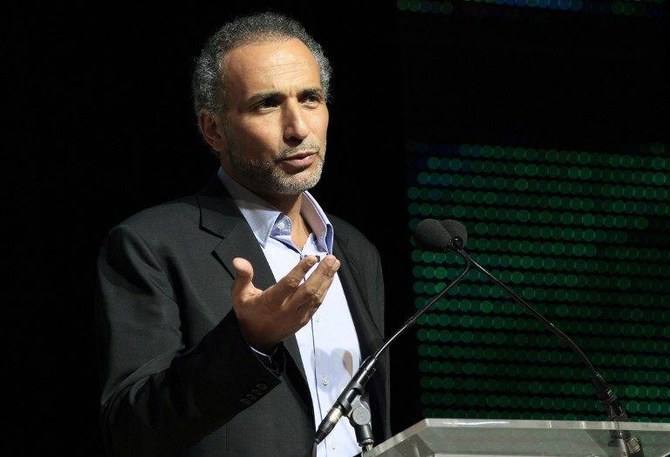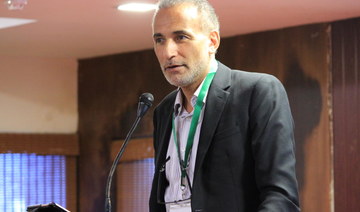GENEVA: Embattled Islamic scholar Tariq Ramadan will go on trial for rape in Geneva next year, over a case dating back more than 14 years, the prosecution said on Monday.
A Swiss national and former professor at Oxford University, Ramadan has faced a string of rape and sexual assault allegations in France and Switzerland since 2017.
The Geneva judiciary said in the current case Ramadan had been charged with rape and sexual coercion, and would be tried before the Geneva criminal court, confirming information first published by Swiss broadcaster RTS.
The accuser in this case, named simply “Brigitte” by Swiss media, has accused the now 60-year-old scholar of brutally attacking her on the evening of October 28, 2008.
The Muslim convert, who had met Ramadan a month earlier during a book signing, accuses him of subjecting her to sexual attacks, beatings and insults in a Geneva hotel room.
She waited a decade before coming forward, filing her complaint in April 2018.
Her lawyer, Francois Zimeray, told AFP his client was fearful as she brought the case.
“She feels no desire for revenge but is relieved and is putting her faith in the institutions,” he said, adding that he expected the trial to take place during the first half of 2023.
Ramadan’s lawyer, Guerric Canonica, meanwhile alleged on Monday that the prosecution had simply “copied the complaint without considering disqualifying elements.”
“It is now up to the judges to re-establish Mr. Ramadan’s complete innocence and we are serenely waiting for our day in court,” he told AFP.
Ramadan, who has previously filed a complaint against Brigitte for slander, is a father of four whose grandfather founded Egypt’s Muslim Brotherhood.
He was a professor of contemporary Islamic studies at Oxford University until he was forced to take leave when rape allegations surfaced at the height of the “Me Too” movement in 2017.
The Swiss investigation has moved slowly, since Ramadan was initially in pre-trial detention in Paris over other rape allegations and could not be questioned.
After he was released in November 2018, he was put on probation and barred from leaving France.
Swiss prosecutors went to Paris to question him, and once the probation was partially lifted, Ramadan traveled to Geneva for witness hearings in 2020.
Scholar Ramadan to face Geneva rape trial: prosecutors
Short Url
https://arab.news/bsnjy
Scholar Ramadan to face Geneva rape trial: prosecutors

- A Swiss national and former professor at Oxford University, Ramadan has faced a string of rape and sexual assault allegations in France and Switzerland since 2017
- The Swiss investigation has moved slowly, since Ramadan was initially in pre-trial detention in Paris over other rape allegations and could not be questioned













